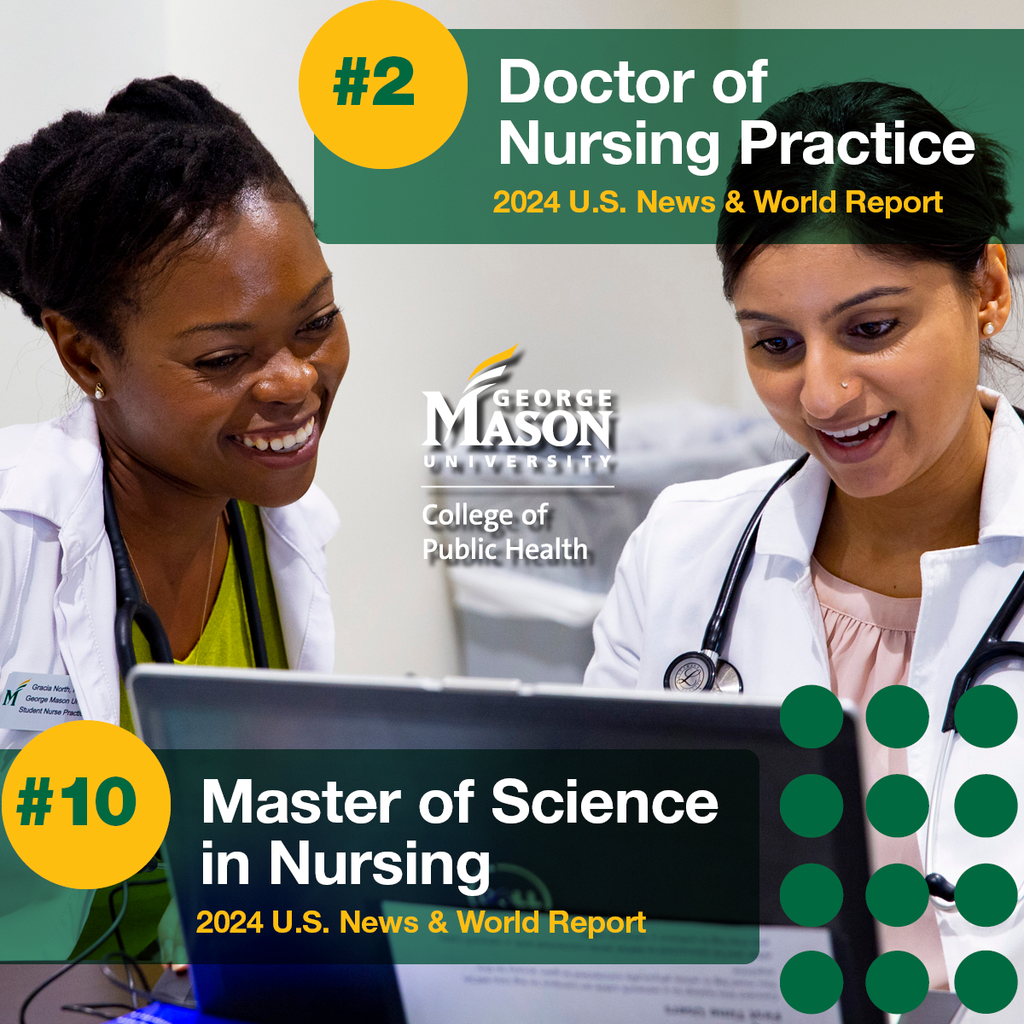About the Program
The Master of Science in Nursing (MSN) program offers the concentration in Family Nurse Practitioner (FNP). Students in the FNP work with expert practitioners in office, community, and public health settings and are well-prepared to pass their certification exams and for prescriptive authority.
The Family Nurse Practitioner concentration is delivered in an on-campus format or with fully online coursework and in-person practicum experiences. Content of courses, objectives, evaluation methods, and outcomes are identical to those for the on-campus program. Only the delivery format is different. Graduates are eligible for certification from the American Academy of Nurse Practitioners (AANP) or the American Nurses Credentialing Center (ANCC).
Additional information about the MSN-FNP program can also be found in the university catalog.
National Council of State Authorization Reciprocity Agreements
On October 17, 2014, the Southern Regional Education Board (SREB) approved Virginia as a member state to participate in National Council for State Authorization Reciprocity Agreements (NC-SARA), and on September 8, 2016, George Mason University became an institutional participant in the NC-SARA initiative. With this membership, George Mason University programs are automatically available to students who reside in 49 participating states and U.S. territories that participate in NC-SARA. At present, only California has not yet joined the NC-SARA initiative. However, California law permits its students to enroll in out-of-state programs.
Read more Mason's authorization to provide distance education from the university's page.
MSN Program Pathways
On-Campus MSN-FNP
The on-campus MSN-FNP may be completed in two years full-time study, or three years part-time. Clinical hours provide 600 directed-care hours with an expert preceptor in health maintenance organizations, specialty clinics, public health clinics, hospitals, nursing homes and home care settings, family practice settings, and neighborhood and community clinics for the medically underserved.
Plan of study
content will be available soon...
Fully Online MSN-FNP
For the fully online MSN-FNP, courses are offered in a condensed 8-week format, with students taking one course each 8 weeks. Students complete the same theoretical and clinical core online, with 600 clinical hours of practicum experience with an expert preceptor. The online program is intended to be completed in about 2.5 years.
Learn more about this pathway and application requirements from the Mason Online page.
Plan of Study
Semester 1: 8-week courses
|
Course Number |
Course Name |
Credits |
|
NURS 665 |
Theoretical and Ethical Foundations Related to Nursing |
3 |
|
GCH 500 |
Introduction to Public Health |
3 |
Semester 2: 8-week courses
|
Course Number |
Course Name |
Credits |
|
NURS 643 |
Community Oriented Primary Care |
3 |
|
NURS 688 |
Organization of Nursing and Health Care Delivery Systems |
3 |
Semester 3: 8-week courses
|
Course Number |
Course Name |
Credits |
|
NURS 715 |
Nursing Informatics |
3 |
|
NURS 757 |
Nursing Research and Biostatistics I |
3 |
Semester 4: 16-week courses
|
Course Number |
Course Name |
Credits |
|
NURS 769 |
Physiology and Pathophysiology In Advanced Practice |
3 |
|
NURS 761 |
Pharmacotherapeutics |
3 |
Semester 5: 16-week courses (* new plan- need to connect the 2 courses)
|
Course Number |
Course Name |
Credits |
|
NURS 714/724 |
Health Assessment/ Health Assessment Lab & Practicum |
2/1 (3) |
|
NURS 713 |
Decision Making and Pharmacologic Management in Practice |
3 |
Semester 6: 8-week didactic courses/ 16-week practicum courses
|
Course Number |
Course Name |
Credits |
|
NURS 744 |
Family Nurse Practitioner I Practicum (240 hours) |
4 |
|
NURS 739 |
Family Nurse Practitioner II |
4 |
|
NURS 738 |
Family Nurse Practitioner I |
2 |
Semester 7: 8-week didactic course/ 16-week practicum courses
|
Course Number |
Course Name |
Credits |
|
NURS 742/749 |
Family Nurse Practitioner I & III Practicum (360 hours) |
2/4 (6) |
|
NURS 741 |
Family Nurse Practitioner III |
3 |
Population Focus
- FNP I: Adult population – chronic and acute diseases
- FNP II: Pediatric & Women’s health (childbearing age)
- FNP III: Older population and frail elderly/ Vulnerable populations
Student Requirements
A current U.S.-issued RN license is required and must be submitted to the program before beginning nursing coursework.
To ensure clinical agency requirements are met, proof of current immunizations or immunity, a criminal background check, and a current professional rescuer/BLS CPR card are required before the first clinical agency rotation.
Additional information about these requirements will be provided upon acceptance to the program.
Tuition and Fees
For information regarding tuition and fees, please visit the Student Accounts, Tuition and Fees website.
It is important to note that Nursing programs require additional fees.
Scholarships and Financial Aids
The College of Public Health and School of Nursing provides a number of scholarships to students of all levels. Explore scholarship opportunities and application deadlines from the College of Public Health's Scholarship page.
For other scholarships and aids available in the university, please visit the university's page.

